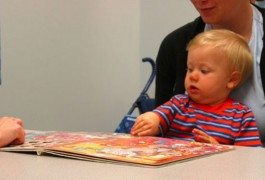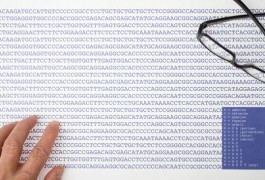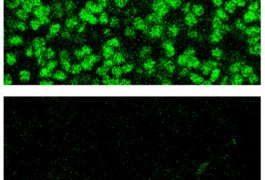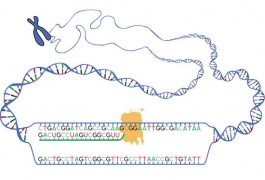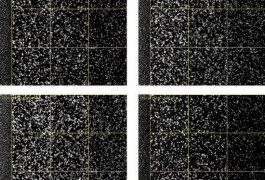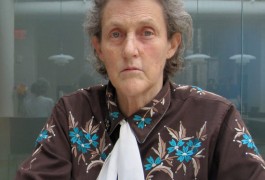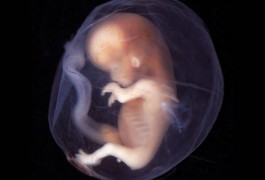Studying infant sibs of children with autism spectrum disorder
Studying the infant siblings of children who have autism to identify early signs of the disorder is expected to have enormous impact on the field from a clinical and a basic science standpoint, says psychologist Karen Dobkins.







